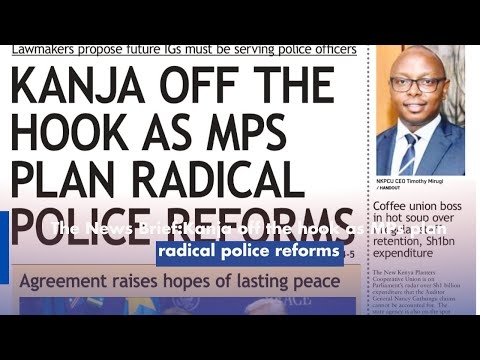An international report exposes the doublespeak of some key state signatories to the United Nations Framework Convention on Climate Change.
The climate change management report finds that some of the governments of the 151 countries that have committed to net-zero emission of obnoxious gases, plan to produce about 110 per cent more fossil fuels by 2030.
The upscale of production contradicts their previous commitments to limit the emission of greenhouse gases that drive global warming. They set 1.5 degree centigrade emission limit by the end of this century.
The production hike would be 69 per cent more than would be consistent with 2.0 degrees centigrade. The temperature rise thresholds were set during the 2015 Paris Agreement.
Paris Agreement, adopted by 196 parties at the UN Climate Change Conference – COP21 – on December 12, 2015, is a legally binding treaty under the UNFCCC. The treaty became effective on November 4, 2016.
‘The 2023 production gap report: Phasing down or phasing up’ finds that top fossil fuel producers plan even more extraction despite their promises to abate global heating. The major fossil fuel producers include China, the United States, the Russian Federation, the United Arab Emirates, Saudi Arabia, Norway, the United Kingdom of Great Britain and Northern Ireland.
The key findings of the controversial study include observations that countries should aim for near-total phaseout of coal production and use by 2040, and a combined reduction in oil and gas production and use by three-quarters by 2050 from 2020 levels.
The study also finds that, while 17 of 20 countries featured have pledged to achieve net-zero emissions – and many have initiated efforts to cut emissions from fossil fuel production activities – none have committed to reduce coal, oil and gas production in line with limiting global warming to 1.5 degrees centigrade.
The report also suggests that governments with greater capability to transition away from fossil fuels should aim for more ambitious reductions and help support the transition in countries with limited resources.
Stockholm Environmental Institute, Climate Analytics, E3G, International Institute for Sustainable Development and United Nations Environment Programme produced ‘The 2023 gap report: Phasing out or phasing up’.
E3G, an independent European climate change think tank, is made up of world-leading strategists on the political economy of climate change, dedicated to achieving a safe climate for all.
Climate Analytics is a global climate science and policy institute, supporting climate action aligned to the 1.5 degrees centigrade warming limit. Eighty researchers, from 30 countries, contributed to the study and reviews, spanning numerous universities, think tanks and other research organisations.
‘The 2023 production gap report’, published on November 8, assesses governments’ planned and projected production of coal, oil and gas weighted against levels set in the Paris Agreement’s temperature goal.
The report gives cynics reason to worry about the effectiveness of international climate change protocols. It puts the November 30 to December 12 Conference of Parties in the United Arab Emirates in the spotlight.
Will COP28 in UAE’s Expo City deliver where 27 other COPs fumbled? There are also questions of conflicts of interest around the management of COP28. Foxes are managing the henhouse.
It is not coincidental that the president of COP28, Sultan Ahmed Al Jaber, is also the chief executive officer of Abu Dhabi National Oil Company. It may also not be coincidental that the United Arab Emirates, a major petrostate, is hosting COP28.
These ‘deliberate’ coincidences are consistent with the doublespeak of some state signatories to the Paris Agreement.
Aside from these, fossil fuel lobbyists have started checking in in major hotels in Expo City, weeks ahead of the November 30 official opening of COP28. COP28 has been compromised.
Fossil fuel lobbyists know their interests are jeopardised when green technologies – solar and wind – gain traction. The interests of petrostates dominate.
Influence peddling, climate change denial and manufacturing stalemates are their priorities during endless climate justice negotiations. Texas Energy Alliance, a US fossil fuels lobby, is among the enablers of climate change denialists.
During COP27 in Egypt, last year, petrostates vetoed references to a ‘fossil fuel phase-down’ in the resolutions. They are likely to create the same stalemate in Abu Dhabi. Their filibustering was also noted during the Madrid COP25 in 2019.















